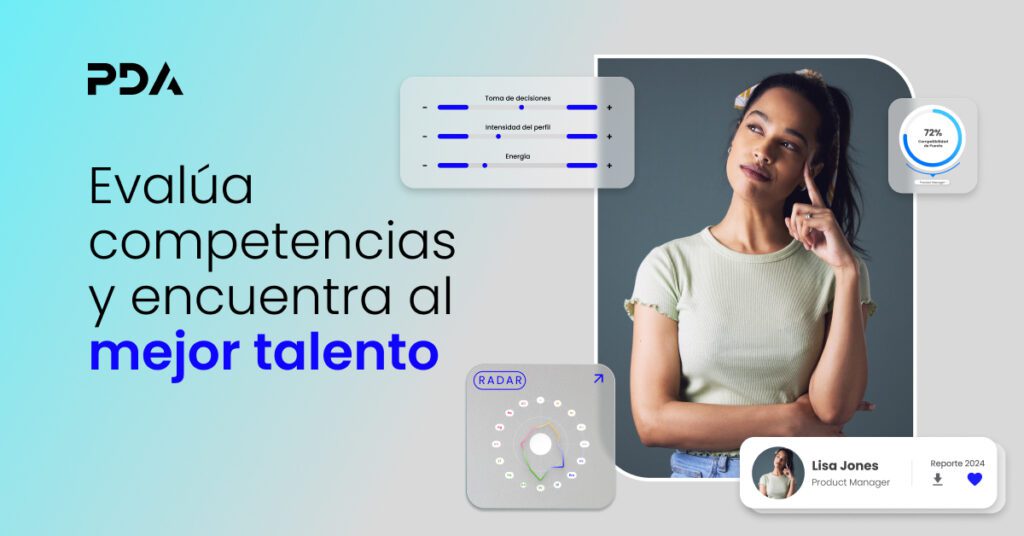Banking and fintech are sectors where the rules of the game are crystal clear: strict regulation, precise processes, and zero room for improvisation. But in a world that moves at the speed of data, attracting and retaining talent that not only meets these standards but also drives digital transformation is the real challenge.
How do we ensure that new talent not only fits but enhances the financial and fintech industry? Here are some key tips to hack the perfect match:
1. Profiles based on data, not assumptions
Let’s forget about traditional resumes. In an industry where precision is everything, selection must be data-driven. Behavioral assessments, talent analytics, and matching algorithms can predict which candidates have the mindset and skills to thrive in a highly regulated and structured environment.
Moreover, the financial sector is undergoing a strong digital transformation that is impacting the demand for talent. Since 2008, the banking sector in Spain has lost over 100,000 jobs due to technological transformation, bank mergers, and changes in customer consumption habits. This highlights the need for profiles with digital and analytical competencies capable of adapting to an ever-changing environment.
2. Behavioral Assessment: The real match
A finance degree doesn’t tell you how someone will react under pressure or whether they truly have a compliance mindset. With assessment tools based on the science of behavior, we can map behavioral trends and ensure that each profile aligns with the culture of the financial and fintech sector.
This point is crucial in a growing ecosystem. As of November 2021, there were approximately 2,300 fintech startups in Latin America, mainly in the areas of payments, remittances, and lending. The number of fintech users in the region is expected to surpass 380 million by 2025. With this rapid growth, companies need to ensure they have teams ready to face the challenges of digitalization and regulation.
3. Experiential and gamified onboarding
No more endless PDF regulations. Training in banking and fintech needs to be interactive and digital-first. Crisis simulations, compliance scenarios in VR, or adaptive learning platforms can accelerate the onboarding process and ensure that new talent truly internalizes the key principles of the sector.
4. A compliance culture, but with agility
Compliance is non-negotiable, but that doesn’t mean bureaucratic processes that hinder innovation. New talent must learn how to navigate strict rules without losing the ability to adapt. Integrating agile methodologies into financial and fintech teams allows for a balance between security and speed.
5. Constant upskilling: It’s not enough to know, you must stay updated
In a sector where regulatory changes are a daily occurrence, talent must be in constant update mode. Microlearning, AI to personalize learning paths, and internal knowledge-sharing platforms can turn teams into true hubs of expertise.
6. Continuous evaluation with adaptability KPIs
It’s not enough to hire well; you need to measure adaptation in real time. Performance analytics, 360 feedback, and engagement monitoring can provide insights into how well new hires integrate and where there are opportunities for adjustment.
The future of talent in banking and fintech is not just about technical knowledge, but about adaptability, digital mindset, and the ability to move with precision within a highly controlled environment. Betting on advanced tools for selection, training, and measurement will make the difference between a team that just complies and one that drives the financial future.
Is your team ready for the future of banking and fintech? Discover how our solutions can help you select, train, and develop the talent that will make a difference. Schedule a demo with us and transform your talent management strategy.
¡Suscríbete!
Recibe novedades y herramientas prácticas en tu correo.



